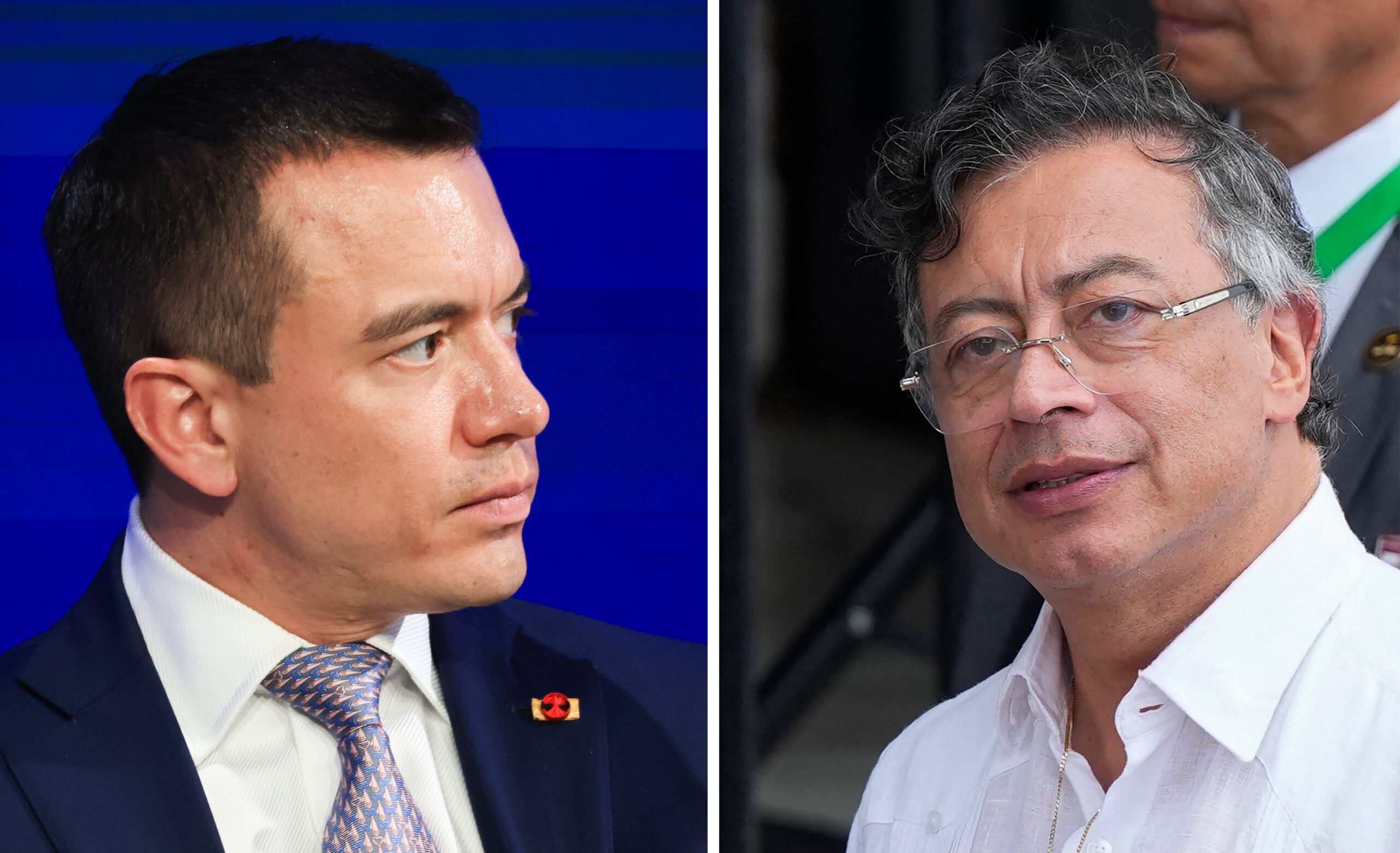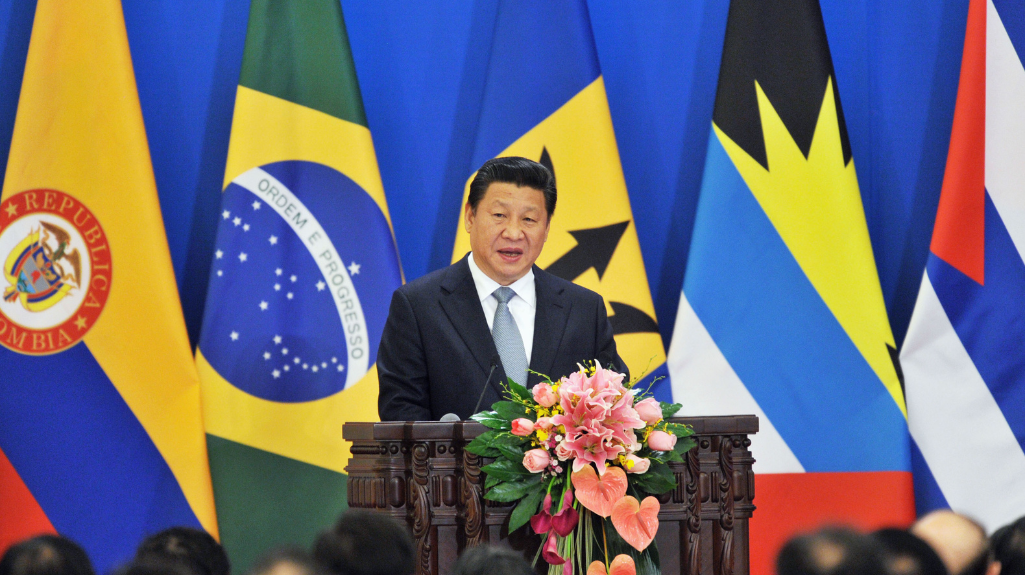Beyond Venezuela: Trump Expands His Drug War with a Deadly Strike in the Pacific
Beyond Venezuela: Trump Expands His Drug War with a Deadly Strike in the Pacific
Washington opening a second war front "may dilute" its focus from its campaign against Maduro, said AS/COA's José Enrique Arrioja to the Miami Herald.
President Donald Trump has expanded his drug war beyond the Caribbean with an attack on a vessel in the eastern Pacific Ocean that his administration charges was carrying narcotics.
Defense Secretary Pete Hegseth said Wednesday that the strike, which took place the prior day, killed two people on board and happened in international waters. The vessel was off the coast of Colombia, a defense official told CBS News. [...]
The move is a “clear escalation” of President Trump’s anti-drug campaign, José Enrique Arrioja, senior director of policy at Americas Society/Council of the Americas, told the Miami Herald. The strike came after President Trump announced the United States would stop financial aid to Colombia because of its drug policy, upending America’s relationship with a country that has been one of its closest allies in South America. Colombia is the recipient of the largest amount of U.S. aid to any country in Latin America.
The president, however, is facing questions about the legality of his strikes, which have now killed at least 34 people. Two survivors from a previous strike were sent back to Colombia and Ecuador, respectively. And his administration has yet to provide Congress any evidence the people killed were trafficking drugs. Additionally, Democrats on Capitol Hill want to hear from Admiral Alvin Holsey, who is leaving his job as head of the U.S. Southern Command, which oversees all operations in Central and South America, two years early over reports of conflict with Hegseth over the attacks.
“The U.S. is now opening a second maritime war front that may dilute, distract its focus from its campaign against Maduro’s regime, while making more prominent the intention of preventing illicit drugs from reaching American consumers from Colombian ports,” Arrioja said. “In broader terms, the U.S. is effectively playing the role of the region’s policeman, sending a clear message to the international community about its renewed commitment to the hemisphere. These are only the first steps in a strategy that may intensify in the weeks to come,” he added...








